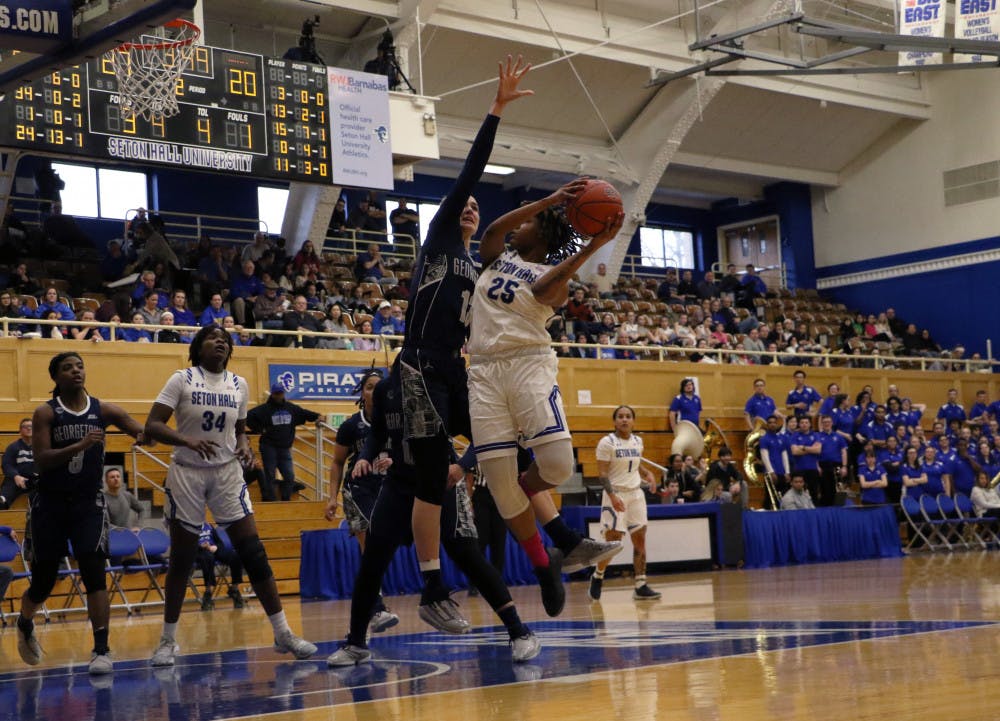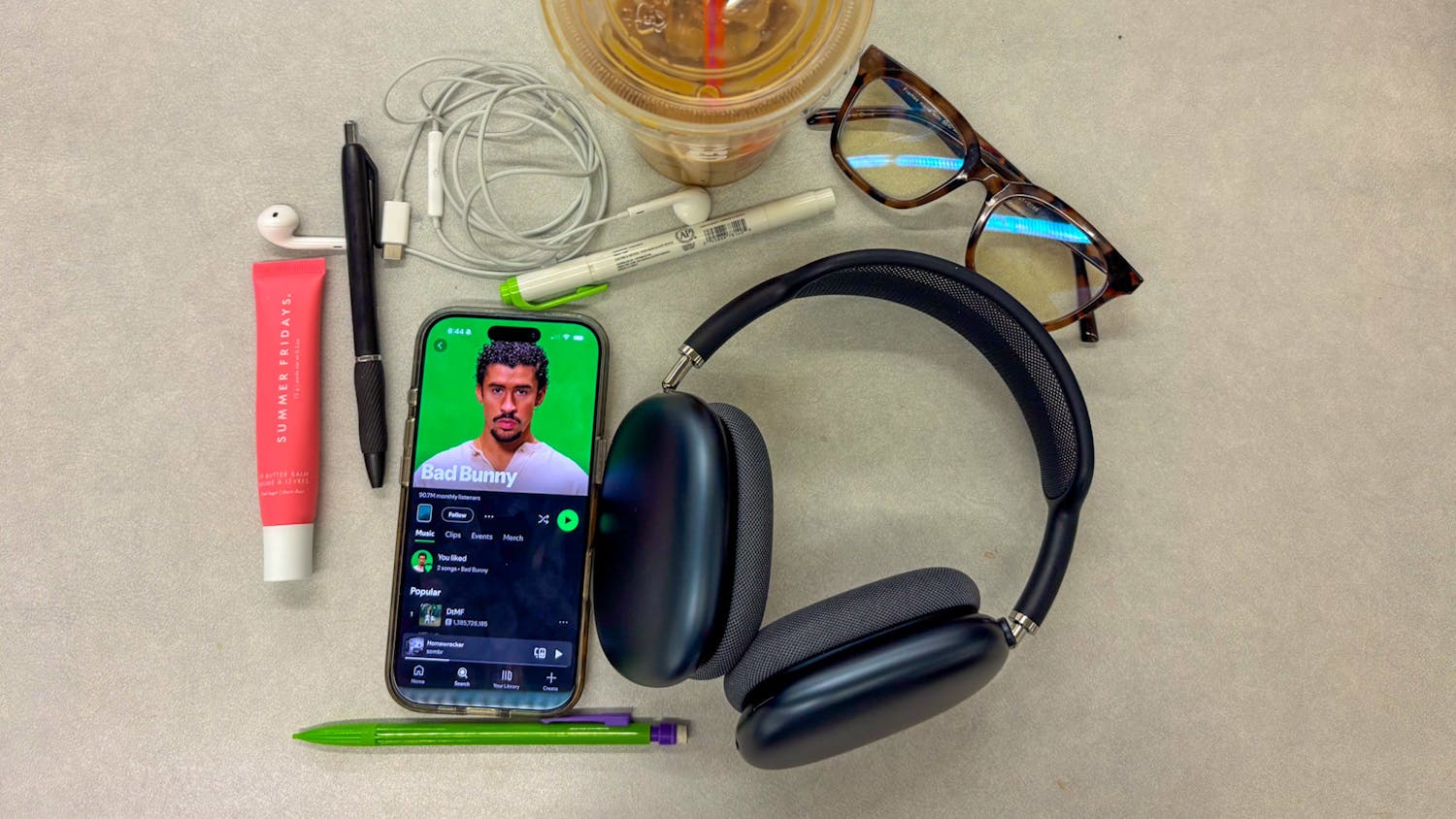[caption id="attachment_11511" align="alignnone" width="346"] Courtesy of William Hunt[/caption]
It was 3:30 a.m. on the frigid morning of October 10 when more than 40 students, two alumni, a graduate student, and I piled onto a crowded school bus to take a five hour drive to our nation’s capital. This drive would be taken by thousands of people across the country for the 20th anniversary of the Million Man March.
The Million Man March was sponsored and attended by Seton Hall University’s Rev. Forrest Pritchett and Black Student Union in 1995. This year, it was organized by Ayana Gilmore, a member of the Nation of Islam and Shaaliyah Lyons, president of the Seton Hall chapter of the National Council for Negro Women.
Originally, the event, sponsored by the Nation of Islam, was one of the largest displays of black solidarity that the nation had seen outside of the Civil Rights movement. The 20th anniversary event was a response to the epidemic of police brutality in minority communities. “Justice or Else” was the theme, which focused on people like Sandra Bland, Mike Brown and lesser known victims like Kendrick Johnson.
“People in America, especially minorities, deserve and need justice and if we stand together, we will get justice,” Gilmore said.
I’m part of the Black Student Union’s e-board and I felt inspired to take my work in my organization that much more seriously through attending this event.
Throughout the march, what I found interesting was the age differences. There were older people
who attended the event 20 years ago, the year I was born, who were there this year. The longevity and continued concern for the fellow man and interest in civil rights for Black and Latino people without a voice was what impressed me most. There were older individuals and children, people meeting their sorority sisters and fraternity brothers from different states and this sense of unity.
I was part of this experience, with interviews being conducted, pictures being taken, art being sold, poems being written. And in it all there was crying, hugging and most importantly, being. There was widespread free-spiritedness where people were free to be themselves.
“It would have been a disservice to my peers if I did not organize a way for students to participate in this historic march. It is important for SHU students to be involved in a revolution that will affect our future,” Lyons said.
Ryanne Boyer can be reached at ryanne.boyer@student.shu.edu
Courtesy of William Hunt[/caption]
It was 3:30 a.m. on the frigid morning of October 10 when more than 40 students, two alumni, a graduate student, and I piled onto a crowded school bus to take a five hour drive to our nation’s capital. This drive would be taken by thousands of people across the country for the 20th anniversary of the Million Man March.
The Million Man March was sponsored and attended by Seton Hall University’s Rev. Forrest Pritchett and Black Student Union in 1995. This year, it was organized by Ayana Gilmore, a member of the Nation of Islam and Shaaliyah Lyons, president of the Seton Hall chapter of the National Council for Negro Women.
Originally, the event, sponsored by the Nation of Islam, was one of the largest displays of black solidarity that the nation had seen outside of the Civil Rights movement. The 20th anniversary event was a response to the epidemic of police brutality in minority communities. “Justice or Else” was the theme, which focused on people like Sandra Bland, Mike Brown and lesser known victims like Kendrick Johnson.
“People in America, especially minorities, deserve and need justice and if we stand together, we will get justice,” Gilmore said.
I’m part of the Black Student Union’s e-board and I felt inspired to take my work in my organization that much more seriously through attending this event.
Throughout the march, what I found interesting was the age differences. There were older people
who attended the event 20 years ago, the year I was born, who were there this year. The longevity and continued concern for the fellow man and interest in civil rights for Black and Latino people without a voice was what impressed me most. There were older individuals and children, people meeting their sorority sisters and fraternity brothers from different states and this sense of unity.
I was part of this experience, with interviews being conducted, pictures being taken, art being sold, poems being written. And in it all there was crying, hugging and most importantly, being. There was widespread free-spiritedness where people were free to be themselves.
“It would have been a disservice to my peers if I did not organize a way for students to participate in this historic march. It is important for SHU students to be involved in a revolution that will affect our future,” Lyons said.
Ryanne Boyer can be reached at ryanne.boyer@student.shu.edu





